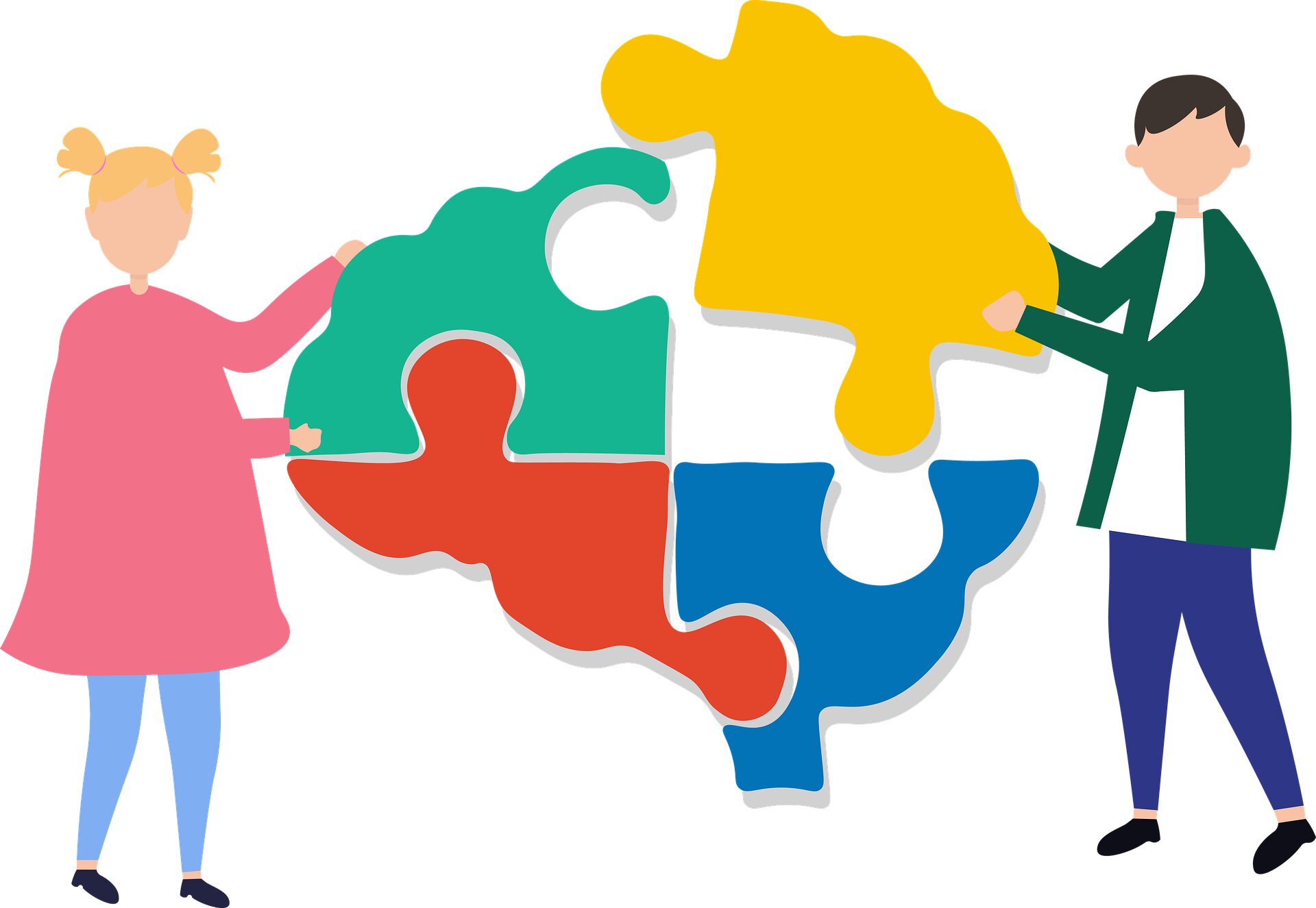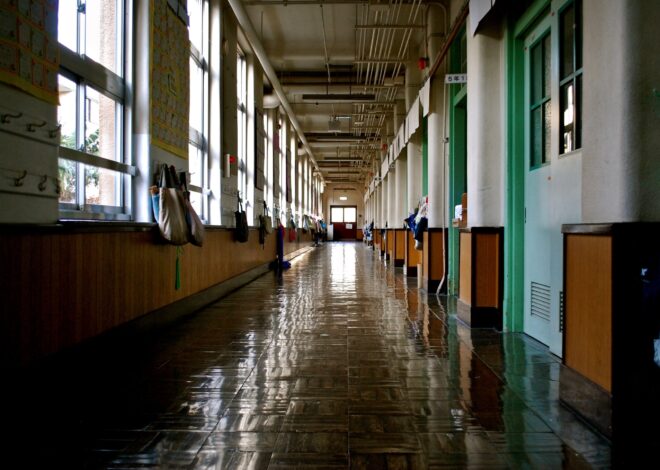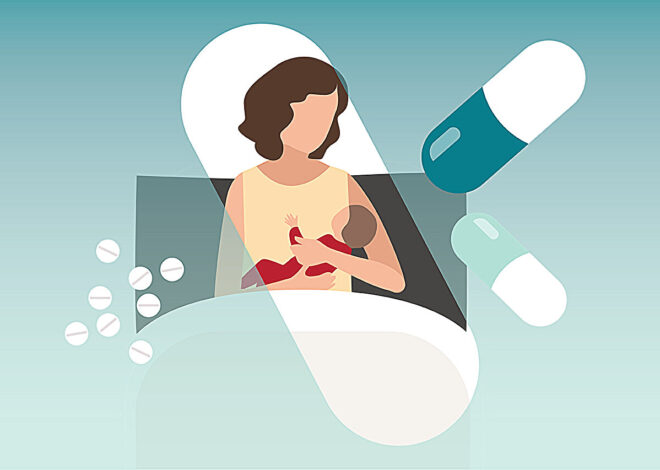
North-south autism assessment divide in the UK leaves children waiting three years longer

Children in the North of England are waiting up to three years longer than those in the south for an autism diagnosis, new data analysis shows.
The data, released by NHS England, reveals that children in Mid and South Essex are waiting on average 54 days for an assessment—falling within National Institute for Health and Care Excellence (NICE) guidelines of 13 weeks. However, in South Yorkshire, children wait on average 1,063 days—almost three years longer.
Published today by the Child of the North initiative, the data also shows:
- Only 4.5% of under-18s with an autism referral had received an appointment within the recommended 13 weeks across the whole of England
- Girls of Pakistani heritage are 11 times less likely to receive an autism diagnosis than white boys of British heritage
- The number of referrals for an ADHD assessment increased by over 22% from June 2024 to 2025
The new report, titled Autism Assessment and Support Update: The Crisis is Worsening, is the first to be released as part of the Child of the North’s #ChildrenFirst campaign.
Professor Mark Mon-Williams, from the University of Leeds, who led the report, said, “The autism assessment process was already in crisis in 2024—and our new report shows the situation is getting worse. This is not good enough and we need urgent change. This is why we have launched our campaign, which provides evidence-based solutions that people on the ground can implement to make changes where they are most needed. We also need to encourage everyone to play their role in building a country that works for all children and young people.”
The campaign was launched at the National Opportunity Summit hosted in Leeds on Monday 8 September, where Minister Josh MacAllister pledged his support towards building a country that works for all children on his first day as Parliamentary Under-Secretary in the Department for Education.
#ChildrenFirst builds on a major series of reports produced last year on key topics identified by Northern child health leaders as major issues of concern, including poverty, special educational needs, school attendance and mental health. The reports included evidence-based plans and recommendations for policymakers to help address these issues.
The #ChildrenFirst campaign also includes the launch of tool kits designed to help schools, child health workers and local authorities take practical steps to improve the health and well-being issues faced by the children and young people in their care.
The toolkits will be published on a weekly basis over the next 12 weeks alongside the re-released reports in the “A country that works for all children and young people’ series, which were produced jointly by Child of the North—a collaboration between the N8 Research Partnership and Health Equity North—and the Centre for Young Lives think tank.
The toolkits provide evidence and suggestions about how all parties can work together to build a country that works for all children and young people.
Baroness Anne Longfield, Founder of the Centre for Young Lives, said, “The number of children waiting for an autism assessment has rocketed over recent years and continues to rise. This crisis is leaving thousands of children without the support they need, putting pressure and stress on families.
“If we’re to tackle the challenges around attendance and exclusion, we need a system that responds to the needs of autistic children and doesn’t wait for a diagnosis before providing help. These evidence-based solutions provide a welcome toolkit for practitioners, service leaders, and local government to transform and improve that support and help.”
Each of the 12 reports is based on in-depth research carried out by academic experts in children and young people’s health and well-being from universities across the North of England and beyond, including N8 Research Partnership members Leeds, Manchester, Durham, York, Lancaster, Liverpool, Sheffield and Newcastle, the University of Bradford, and others.
The policy recommendations made in the reports have helped to shape the Government’s Opportunity Mission—the goal of which is to break down the link between a person’s background and their future success, and giving children the best start in life. The aim of the toolkits is to ensure alignment between practitioners on the ground and the government’s work on the Opportunity Mission, to make certain that every child has the best possible start in life.
Professor Mon-Williams said, “The evidence is clear that the UK needs a healthy and well-educated population, and that means building a country that works for all children and young people.
“Through our campaign, we are working to build the country that children deserve. The numbers are stark—but we can improve outcomes for the next generation by using the evidence-based solutions we have highlighted. Together we can make a difference.”
More information:
Autism Assessment and Support Update: The Crisis is Worsening (2025)
Citation:
North-south autism assessment divide in the UK leaves children waiting three years longer (2025, September 11)
retrieved 11 September 2025
from https://medicalxpress.com/news/2025-09-north-south-autism-uk-children.html
This document is subject to copyright. Apart from any fair dealing for the purpose of private study or research, no
part may be reproduced without the written permission. The content is provided for information purposes only.



